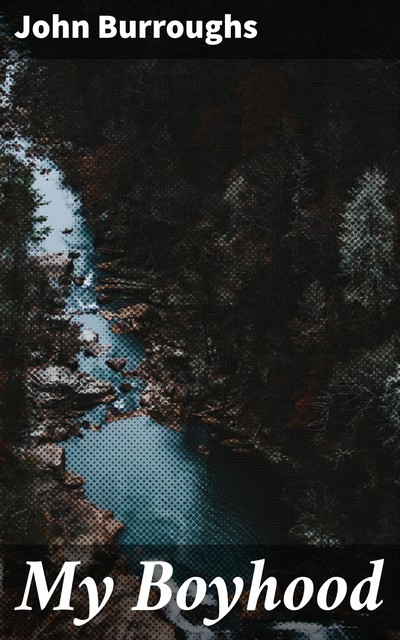In “My Boyhood,” John Burroughs offers a poignant memoir that weaves together the themes of nature, childhood, and self-discovery, revealing his formative experiences growing up in rural New York during the mid-19th century. Written with a vivid, lyrical style that captures the beauty of the natural world, Burroughs employs rich imagery and introspective prose, inviting readers to share in his observations of flora and fauna, as well as the innocent joys and trials of youth. The book fits into the American transcendentalist tradition, reflecting the philosophies of Ralph Waldo Emerson and Henry David Thoreau, while simultaneously charting its own idiosyncratic course through nature's influence on personal growth. John Burroughs, an important figure in American literature and a passionate advocate for conservation, drew upon his rousing experiences to pen “My Boyhood.” His deep appreciation for the natural world was cultivated from a young age, stemming from his explorations of the vast wilderness surrounding his home. As an essayist and naturalist, Burroughs explored the interconnections between humanity and the environment, with his writings often reflecting a desire to inspire others to foster a similar reverence for nature. This work is highly recommended for readers who seek a reflective and immersive narrative that celebrates the intersection of nature and human experience. “My Boyhood” serves not only as a rich historical account of a bygone era but also as a timeless meditation on childhood, making it essential reading for both nature enthusiasts and lovers of memoir alike.


